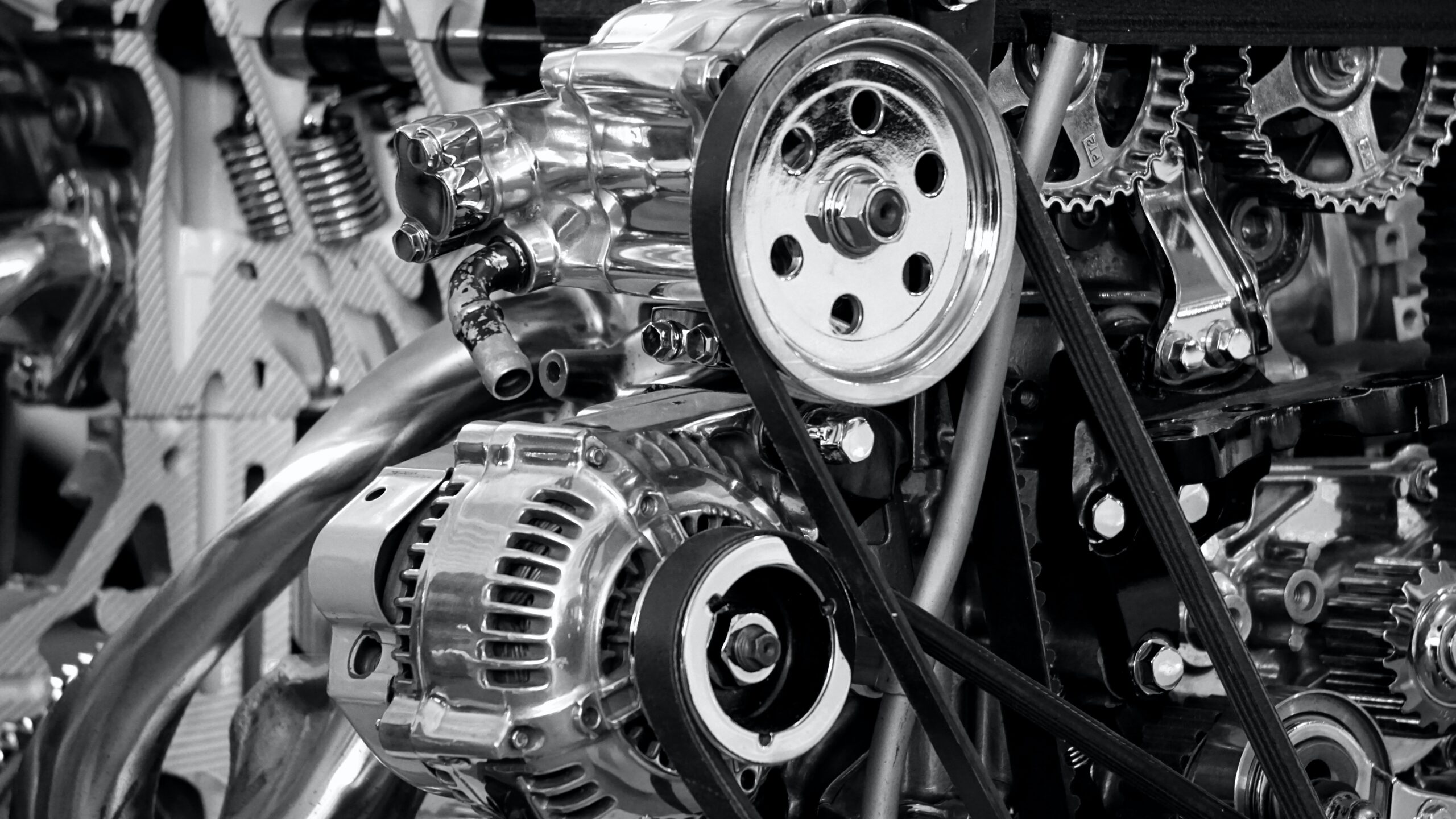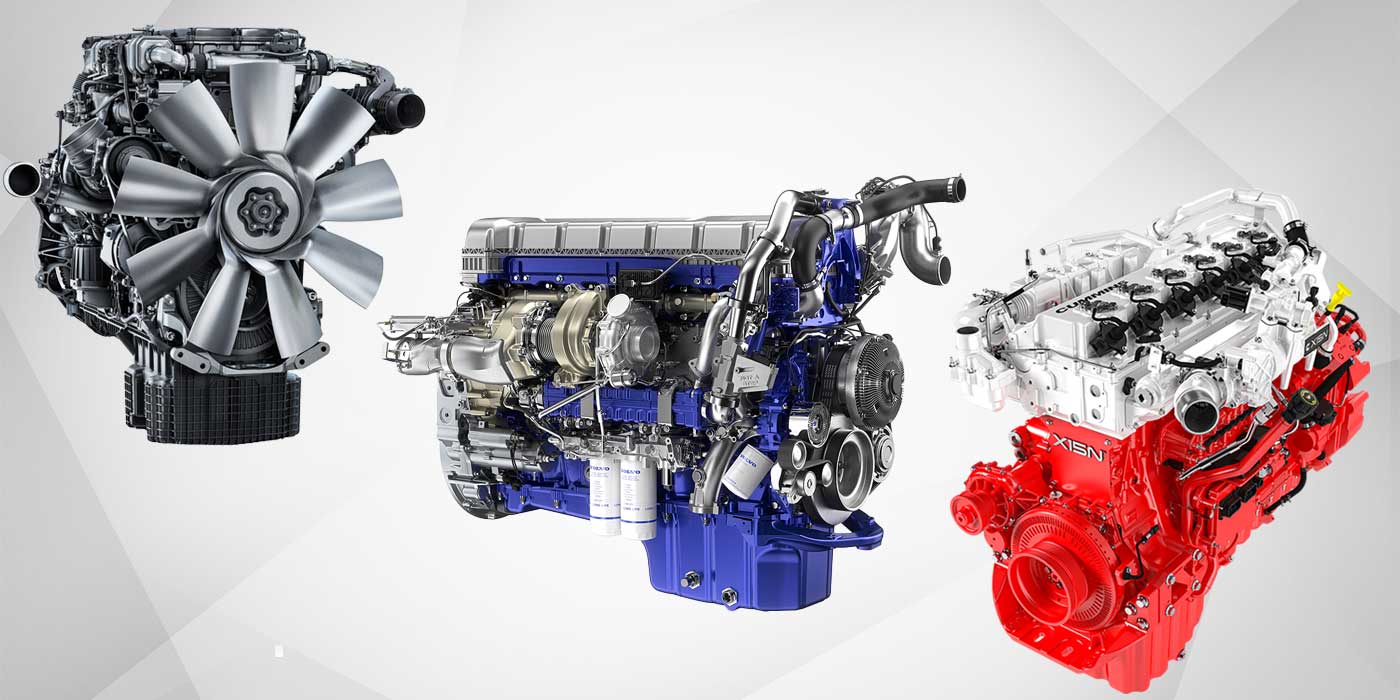Engines For Africa: Top Selection for Automotive Enthusiasts
Engines For Africa: Top Selection for Automotive Enthusiasts
Blog Article
Check Out a Large Range of Engines for each Car and Purpose
The automotive landscape is increasingly complex, with a varied range of engine kinds developed to fulfill particular performance and efficiency demands throughout numerous vehicle groups. From the high-performance engines that power sporting activities autos to the fuel-efficient alternatives customized for day-to-day commuting, the selections are vast and differed. Additionally, durable engines serve the needs of job cars, while green options are acquiring traction in the search of sustainable transport. Comprehending these differences is important for making educated decisions, especially as emerging technologies remain to shape the future of automobile engineering. What ramifications might these developments hold for consumers and producers alike?
Kinds Of Automotive Engines
Automotive engines can be categorized into a number of distinct kinds, each created to meet certain performance and performance requirements. One of the most typical categories consist of internal combustion engines, electric engines, and hybrid systems.

Electric engines, on the various other hand, run on electrical power saved in batteries, providing instant torque and no discharges. These engines are coming to be significantly popular due to advancements in battery technology and the growing emphasis on sustainability.
Crossbreed systems incorporate both inner burning and electric engines, making it possible for automobiles to enhance fuel performance and reduce discharges by flawlessly switching over in between source of power. Each engine kind presents its downsides and benefits, influencing aspects such as automobile style, meant use, and market need. Understanding these distinctions is important for customers and producers alike when picking the proper engine for their details demands.
Performance Engines for Sports Cars
Performance engines for sports vehicles are particularly engineered to deliver improved power, rate, and dexterity, establishing them aside from standard automotive engines. These engines typically utilize innovative modern technologies such as turbocharging, supercharging, and variable shutoff timing to make the most of efficiency and responsiveness.
Normally, performance engines are designed with greater compression proportions, which enable better energy extraction from fuel. This leads to impressive horsepower and torque figures, making it possible for fast acceleration and higher full throttle. Additionally, the light-weight products made use of in these engines, such as light weight aluminum and carbon fiber, add to decreased overall vehicle weight, boosting handling and ability to move.
Engine setups like V6, V8, and also hybrid systems prevail in efficiency cars, each offering distinct advantages in terms of power distribution and driving characteristics. The tuning of these engines is also important; numerous manufacturers maximize the engine monitoring systems to give an electrifying driving experience, commonly including sporting activity modes that readjust throttle action and gear shifts.
Effective Engines for Daily Commuters
In the realm of day-to-day commuting, efficient engines play a crucial role in optimizing fuel economy and lessening discharges while providing dependable performance. As metropolitan populaces grow and ecological concerns magnify, the need for cars outfitted with effective powertrains has surged.
Modern engines developed for day-to-day commuters frequently integrate modern technologies such as turbocharging, straight fuel shot, and crossbreed systems. Turbocharging improves engine effectiveness forcibly even more air right into the burning chamber, allowing for smaller, lighter engines that do not jeopardize power output. Straight gas shot enhances fuel atomization, causing far better combustion and boosted performance.
Crossbreed engines, integrating internal burning with electrical power, additional boost fuel economic climate, particularly in stop-and-go website traffic, where typical engines can struggle with inadequacies. Electric motors assist during velocity and can view it now operate independently at low speeds, lowering general fuel consumption.
Moreover, innovations in engine management systems and lightweight materials add dramatically to reliable engine style. By concentrating on efficiency, durability, and ecological sustainability, suppliers remain to supply engines that not only satisfy the needs of daily travelling but likewise align with worldwide initiatives to lower carbon footprints.
Heavy-Duty Engines for Work Cars
Durable engines for job vehicles are consistently crafted to supply outstanding torque and dependability under demanding conditions. These engines are designed to perform in atmospheres where standard engines may fail, such as building sites, logging operations, and farming setups. The key focus of durable engines is their capacity to produce high degrees of power while preserving sturdiness over extended periods of operation.
Typically, durable engines use innovative materials and robust construction strategies to hold up against the roughness of hefty work. Attributes such as strengthened cyndrical tube blocks, enhanced cooling systems, and advanced gas injection modern technologies add to their efficiency. These engines often run at lower RPMs, which assists to enhance gas performance while supplying the necessary power for carrying and lugging.
In addition to mechanical effectiveness, durable engines are often like this geared up with innovative digital control devices (ECUs) that take care of performance, discharges, and diagnostics. This integration permits for far better monitoring and maintenance, ensuring that work lorries remain reliable and functional.
Ultimately, heavy-duty engines are an important part in the efficiency of different industries, giving the needed power and reliability to take on the hardest of jobs.
Eco-Friendly Engine Options
The expanding emphasis on sustainability has actually resulted in the development of environmentally friendly engine options that focus on decreased emissions and boosted gas effectiveness. These engines are designed to minimize the ecological influence of lorries while still supplying the performance and integrity anticipated by customers.
Amongst one of the most significant eco-friendly alternatives are hybrid and electrical engines. Hybrid engines integrate typical interior combustion engines with electrical propulsion, allowing for reduced fuel usage and reduced greenhouse gas exhausts. Electric engines, on the various other hand, operate totally on battery power, creating zero tailpipe emissions and adding to cleaner air high quality.
One more encouraging development is the innovation of biofuel engines, which utilize renewable energies, such as plant products, to power cars (Engines For Africa). By utilizing biofuels, these engines can reduce dependency on nonrenewable fuel sources and reduced overall carbon footprints

As the vehicle industry advances, eco-friendly engine choices will certainly play a helpful site vital duty in driving the change towards even more sustainable transport remedies.
Final Thought
From high-performance engines that boost sports automobile capabilities to reliable versions prioritizing fuel economy for everyday commuters, each type serves a particular function. Heavy-duty engines provide to robust work vehicles, while green choices, such as electric and biofuel engines, promote sustainable transport.

Report this page